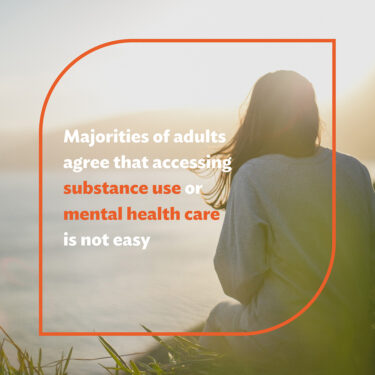Findings Report: Data Support Needs from Harm Reduction Organizations
While data collection and analysis are essential for informing program development, implementation and evaluation, harm reduction organizations face some critical challenges to these processes.
Even the tenets of the harm reduction model (e.g., “Meet participants where they’re at, even if it means modifying services on the fly,” “Provide lifesaving services first, build infrastructure later”) can be counter to the tenets of robust data collection. Plus, because of the sensitive nature of participants’ substance use and health-related information, organizations require software that protects private individual information.
Many harm reduction organizations have experienced rapid growth in the past three to five years, but the systems they have been using to manage broad organizational structures, including data collection and analysis, have not kept up with the pace of growth. In addition, harm reduction organizations vary in their capacity to conduct data-related activities, due to their size, staff capacity and knowledge, service model and availability of resources, among other reasons.
Given the diversity of data experience, needs and capacity among our subgrantees, the National Council for Mental Wellbeing hosted focus groups to explore and identify options to best support harm reduction organizations in their efforts to improve data collection and analysis.



